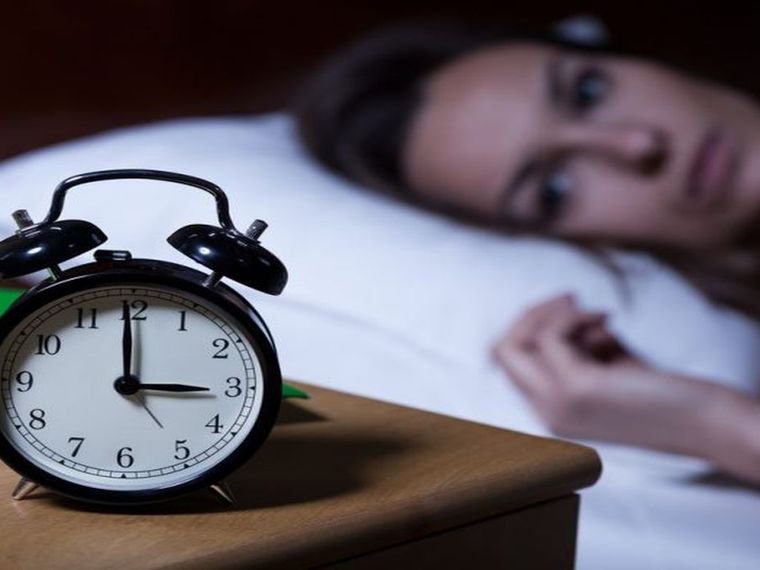

If you’re uncomfortable seeing a therapist in person or if money is an issue, there are online CBT-I programs that cover the same kind of material you would learn during a counseling session, only from the comfort of your home. If you’re interested in trying CBT-I, ask your doctor for a referral to a sleep medicine specialist or make an appointment with a sleep psychologist. Skeptical? It may seem strange to think of going to therapy to fix your sleep issues, but CBTI is helpful for many people. CBT-I was developed specifically for insomnia, but other forms of CBT are used to treat common mental health conditions like anxiety and depression (which in turn often coincide with insomnia).
SLEEP INSOMNIA HELP HOW TO
Try cognitive behavioral therapyĬognitive behavioral therapy for insomnia (CBT-I) is a research-backed type of therapy that helps people better understand how their thoughts, emotions and behaviors influence their insomnia and teaches them how to modify their behaviors to achieve better sleep. It might take some effort, but there are ways to improve your sleep without relying on medications. If you have chronic insomnia, taking sleep aids may not be helpful long term, because they don’t actually address what’s causing your sleep disturbance. “Insomnia doesn’t develop overnight and usually is not fixed overnight,” says Nathaniel Watson, M.D., co-director of the UW Medicine Sleep Center at Harborview Medical Center.

You might wish for a miracle cure, but unfortunately that most likely won’t happen. However, if you’ve been having trouble sleeping with no clear cause, it can be incredibly frustrating. If your lack of shut-eye is caused by something temporary, it will probably be temporary, too, and a quick fix like taking medication isn’t a problem. Sometimes you know exactly what caused your insomnia, be it a stressful day at work, a fight with a partner or too many “Black Mirror” episodes late at night. If your typical bedtime routine involves counting sheep - into the thousands - and wishing on a star for just a few hours of blissful slumber, you’re not alone: Around 35 percent of American adults say they get less than seven hours of sleep each night, though seven is the amount recommended by the American Academy of Sleep Medicine.


 0 kommentar(er)
0 kommentar(er)
